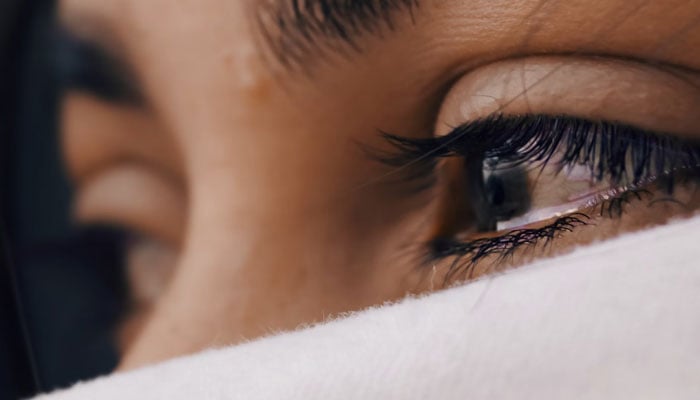Millions of individuals suffer from chronic dry eye, a common ailment that can seriously impair vision and drastically reduce quality of life if left untreated.
Among other symptoms of chronic dry eye are pain, redness, and discharge from one or both eyes. The key to controlling this condition is to discover a medication that is effective for you.
But you can only achieve it after busting widespread misconceptions about the illness.
‘Dry eyes affect everyone’
When someone has dry eyes, their eyes either don’t produce enough tears or the tears evaporate too quickly, which depletes the moisture and health of the eyes.
While it’s true that some people do occasionally have dry eyes, treating chronic dry eyes can be difficult and need ongoing care.considering lifestyle modifications and medicine, since it has a long-term impact on individuals
‘Exposure to dry air causes chronic dry eye’
While dry eye is a common condition resulting from low humidity in climates, there is a combination of factors that contribute to this condition.
Use of certain medications, long-term use of contact lenses, and the presence of certain medical conditions such as rheumatoid arthritis, thyroid problems and diabetes may contribute to the overall risk of chronic dry eye.
‘Watery eyes can’t be dry’
Watery eyes are a common symptom of chronic dry eye, which causes itchiness, burns and discomfort in the eyes.

The body produces extra tears to re-moisten the eyes, but this excess can overwhelm the body’s ability to drain tears, causing them to well up.
‘Chronic dry eye only a symptom of another problem’
Chronic dry eye is a medical issue, not a symptom of a larger issue.
It’s crucial to treat the condition to prevent complications and maintain eye health and the first step in identifying the cause is consultation with a doctor and developing an effective treatment plan for chronic dry eye.

‘Any type of eye drop helps with chronic dry eye’
Doctors often prescribe eye drops to manage chronic dry eye symptoms like itching or burning.
However, not all eye drops are the same, as some artificial tear solutions and eye redness drops may contain additives that can worsen symptoms. Before using eye drops, consult your doctor to determine the best treatment for your condition.







